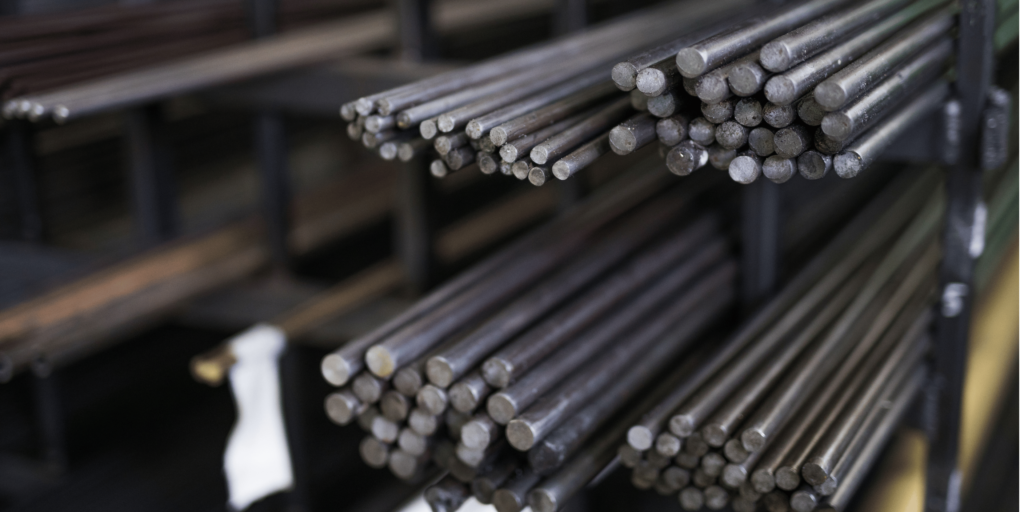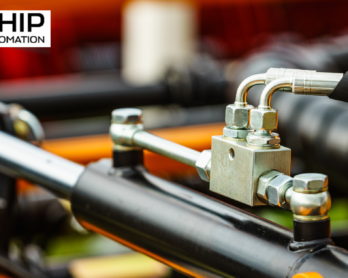In this article, we will provide you with comprehensive information about 400 series stainless steel. This versatile material is widely used in various industries due to its exceptional properties. From its composition and unique characteristics to its applications and advantages, we will cover everything you need to know about 400 series stainless steel, including its relevance to being a stainless steel round bar manufacturer in India.
Table of Contents
- Introduction to 400 Series Stainless Steel
- Composition of 400 Series Stainless Steel
- Martensitic Stainless Steel (410, 416, 420, 431)
- Ferritic Stainless Steel (430, 446)
- Precipitation Hardening Stainless Steel (17-4 PH)
- Properties of 400 Series Stainless Steel
- Corrosion Resistance
- Heat Resistance
- Magnetic Properties
- Applications of 400 Series Stainless Steel
- Advantages of 400 Series Stainless Steel
- Conclusion
1. Introduction to 400 Series Stainless Steel
The 400 series stainless steel is a group of stainless steels that contain approximately 11% chromium. It is known for its high strength, hardness, and moderate corrosion resistance. This series of stainless steel is magnetic and can be hardened through heat treatment. The 400 series stainless steel is commonly used in applications that require good mechanical properties along with moderate corrosion resistance. Moreover, it plays a significant role in the production of stainless steel round bars in India.
2. Composition of 400 Series Stainless Steel
The 400 series stainless steel is primarily composed of iron, chromium, and carbon. Different grades within this series may also contain additional elements such as nickel, molybdenum, or sulfur to enhance specific properties. The carbon content in the 400 series stainless steel is generally higher than other stainless steel grades, which contributes to its hardness and strength.
3. Martensitic Stainless Steel (410, 416, 420, 431)
Martensitic stainless steels are the most common type within the 400 series. They can be hardened by heat treatment, making them suitable for applications that require high strength and wear resistance. Stainless steel grades like 410, 416, 420, and 431 belong to this category. They find applications in the manufacturing of cutlery, surgical instruments, valves, shafts, and pump parts.
4. Ferritic Stainless Steel (430, 446)
Ferritic stainless steels are characterized by their high chromium content and low carbon content. They offer good corrosion resistance and are often used in applications that require resistance to oxidation and stress corrosion cracking. Stainless steel grades like 430 and 446 fall into this category and are commonly used in automotive trim, kitchen appliances, and architectural applications.
5. Precipitation Hardening Stainless Steel (17-4 PH)
Precipitation hardening stainless steels, also known as PH stainless steels, are a subclass of martensitic stainless steels. They offer a unique combination of high strength, corrosion resistance, and toughness. The grade 17-4 PH is widely used in industries such as aerospace, petrochemical, and medical. It is suitable for manufacturing gears, shafts, and other components that require excellent mechanical properties.
6. Properties of 400 Series Stainless Steel
The 400 series stainless steel exhibits several notable properties that make it desirable for various applications. Let’s take a look at some of these properties:
Corrosion Resistance
While the 400 series stainless steel is not as corrosion-resistant as the 300 series stainless steels, it still offers good resistance to certain corrosive environments. The addition of chromium provides a protective layer on the surface of the steel, which helps prevent oxidation and corrosion. However, it is important to note that the level of corrosion resistance can vary depending on the specific grade within the 400 series.
Heat Resistance
The 400 series stainless steel can withstand high temperatures without losing its structural integrity. It exhibits good heat resistance, making it suitable for applications that involve exposure to elevated temperatures. However, it is important to consider the specific grade and its maximum operating temperature to ensure optimal performance in high-heat environments.
Magnetic Properties
One distinguishing characteristic of the 400 series stainless steel is its magnetic properties. Unlike the austenitic stainless steels (e.g., 300 series), which are non-magnetic, the 400 series stainless steel is magnetic. This magnetic property can be advantageous in certain applications where magnetic response is required, such as in the manufacturing of magnetic components or magnetic resonance imaging (MRI) equipment.
7. Applications of 400 Series Stainless Steel
The 400 series stainless steel finds application in a wide range of industries due to its unique combination of properties. Some common applications include:
- Cutlery: The high strength and hardness of martensitic stainless steels make them suitable for manufacturing kitchen knives, blades, and other cutlery items.
- Automotive Trim: Ferritic stainless steels like grade 430 are often used in the automotive industry for decorative trims, exhaust systems, and other exterior components.
- Industrial Equipment: The 400 series stainless steel is used in the manufacturing of pumps, valves, shafts, and other industrial equipment that require good mechanical properties and moderate corrosion resistance.
- Medical Instruments: Precipitation hardening stainless steels, such as 17-4 PH, are commonly used in the production of surgical instruments and medical devices due to their excellent mechanical properties and corrosion resistance.
- Architectural Applications: Ferritic stainless steels are favored for architectural applications like door handles, decorative panels, and railing systems due to their corrosion resistance and aesthetic appeal.
8. Advantages of 400 Series Stainless Steel
The use of 400 series stainless steel offers several advantages, including:
- High strength and hardness: The martensitic grades within the 400 series exhibit excellent strength and hardness, making them suitable for applications that require durability and wear resistance.
- Cost-effective: Compared to some other stainless steel grades, the 400 series stainless steel is generally more affordable, making it a cost-effective choice for many applications.
- Magnetic properties: The magnetic nature of the 400 series stainless steel can be advantageous in certain industries where magnetic response is required.
- Heat resistance: The 400 series stainless steel can withstand high temperatures without losing its structural integrity, making it suitable for applications involving heat exposure.
Conclusion
In conclusion, the 400 series stainless steel, including stainless steel round bars, is a versatile and widely used material known for its strength, durability, and moderate corrosion resistance. With its unique properties, it finds applications in various industries such as cutlery, automotive, industrial equipment, medical instruments, architecture, and the production of stainless steel round bars. Understanding the composition, properties, and applications of the 400 series stainless steel is essential for selecting the right material and working with a reliable stainless steel round bar manufacturer in India to meet specific project requirements.














